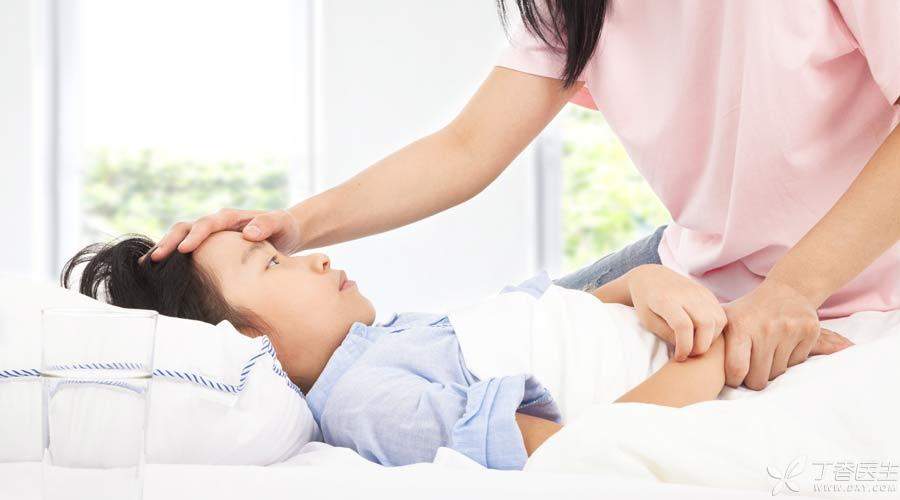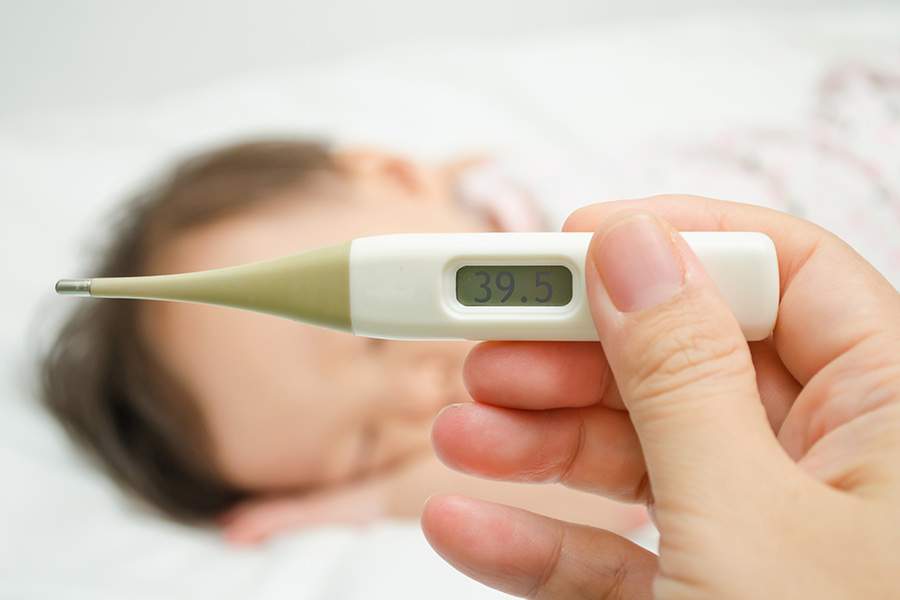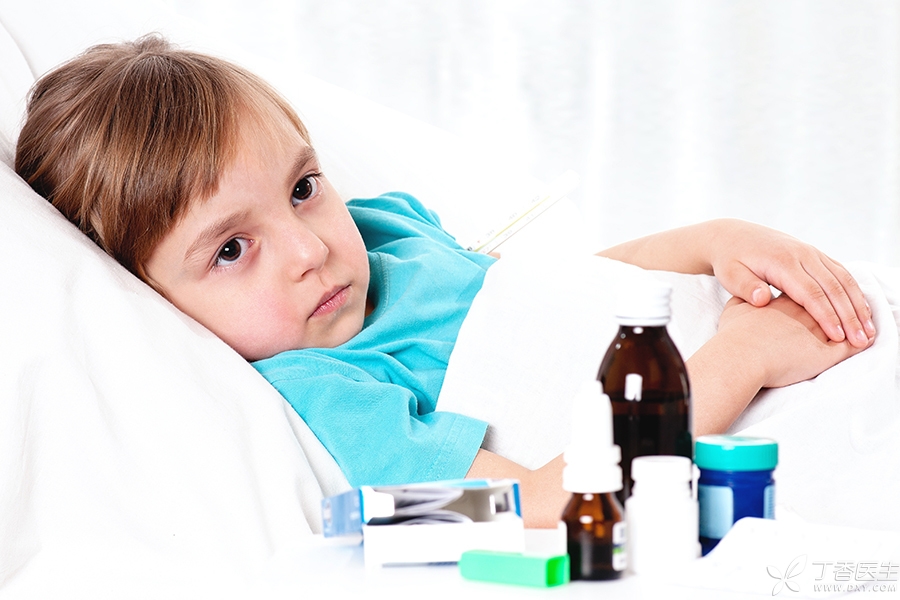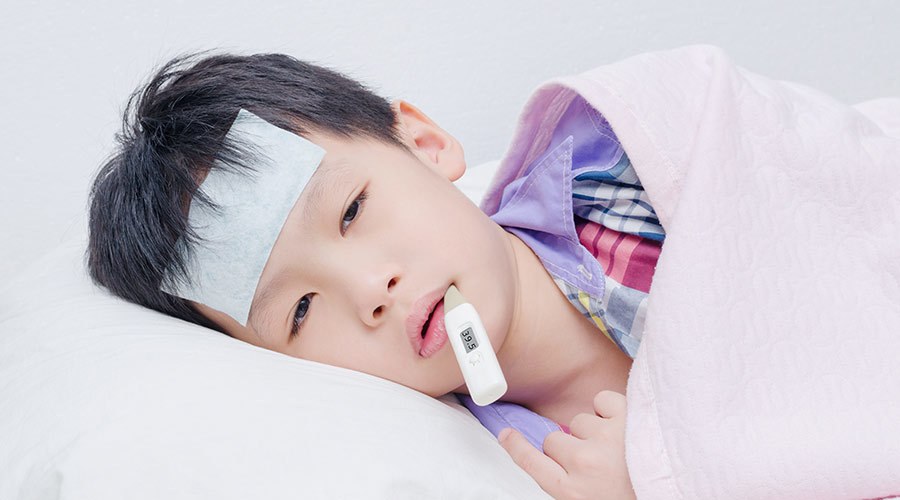
As soon as the baby has a fever, his parents are anxious.
However, most of the time, parents’ understanding of fever and coping styles are not necessarily correct. Today, clove mother invited doctor Wang Qiuhua of pediatrics to let her take stock of the seven common misconceptions of dealing with baby fever, hoping to help your parents.
Myth 1: Medication is required for body temperature 38.5

It needs to be made clear that the purpose of antipyretic drugs is not to cool down or cure diseases, but to make the baby more comfortable.
Most babies may feel uncomfortable at a temperature above 38.5 ℃, so they can choose to take medicine.
If the child does not show any discomfort, even if the temperature is relatively high after fever, he can eat, play, laugh, jump alive or sleep quietly, or he can continue to observe without medication.
On the contrary, if the baby’s fever has not reached 38.5 ℃, but the mental deviation, because of the uncomfortable performance of fever, can also be administered as appropriate. In addition, children with poor spirit should seek medical treatment in time to find a doctor to judge the child’s illness.
Myth 2: High fever will burn out the brain,
A simple high fever will not cause brain damage to children.
The real possibility of brain injury is other diseases, and high fever is only one of the symptoms. Such as encephalitis, epilepsy, electrolyte disorders and other intracranial diseases.
Therefore, when children have high fever, they should seek medical treatment in time to eliminate the possibility of other diseases.
Myth 3: Antipyretic Drugs Can Prevent Febrile Convulsion

Antipyretics only relieve discomfort caused by fever and cannot prevent the onset of febrile convulsions or reduce the risk of recurrence of febrile convulsions.
In case of fever and convulsion in the baby, it should be handled correctly and seek medical treatment in time.
Myth 4: Children should wake up and feed medicine when they fall asleep and have a fever.
Whether to wake up should depend on the child’s mental state.
If the child is sleeping quietly, it means that the child does not feel uncomfortable in what and generally does not need to wake up the child to take medicine. If the sleeping child is hot and restless, it means that he may not feel well and can wake up to take medicine.
Myth 5: Warm Water Wiping Can Reduce Fever

First of all, studies have shown that wiping can only relieve the fever for a short time and has no antipyretic effect.
Secondly, many hot babies are usually groggy and want to sleep. It will be very unhappy to be wiped around at this time, but they may cry and shiver.
Myth 6: Simultaneous or Alternate Use of Antipyretics
Simultaneous or alternate use of antipyretics increases the risk of adverse reactions. For babies, safer antipyretics include [acetaminophen] and [ibuprofen], just choose one to take.
Myth 7: Don’t worry about low fever,
Children with fever between 0 and 3 months old have a high risk of bacteremia or meningitis and are not suitable for self-treatment and observation at home. They should see a doctor in time and the doctor will judge the situation.
Children aged 3-6 months who are relatively older are also at high risk. Fever also requires close attention to the status of children.
In fact, when the baby has a fever, what parents need to do most is: calm down. And timely supplement water to the baby, record the symptoms, manifestations and medication of the child, so as to report the situation of the child to the doctor in detail in an organized way when seeking medical treatment.
Pay attention to the symptoms of the child, but don’t worry too much about anxiety, deal with it scientifically, observe closely, and see a doctor in time when necessary. I believe the baby will recover soon.
